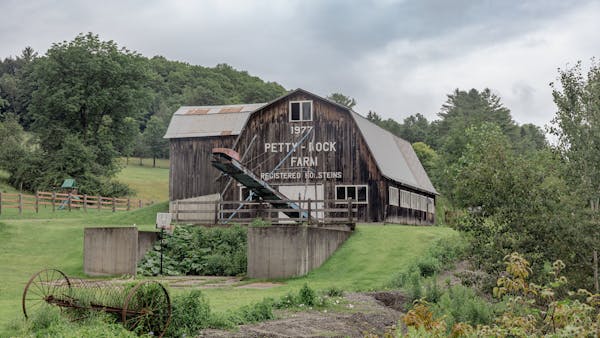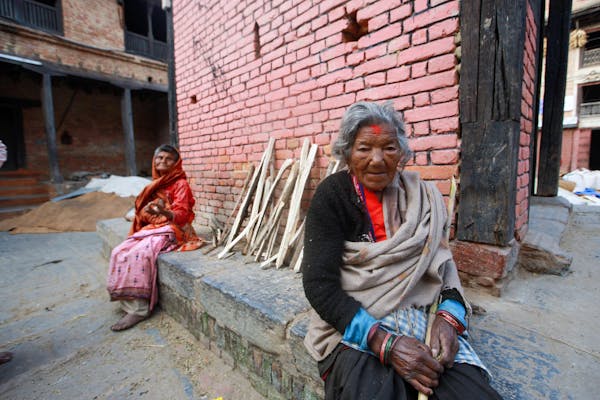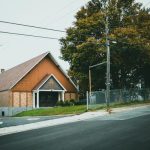
The 10 disadvantages of rural African life

Let’s talk about the 10 disadvantages of rural African life. Honestly, the most painful one is that rural Africa remains one of the poorest regions in the world. The continent has 54 countries, and most of their rural areas are still underdeveloped. This makes life incredibly difficult for many people living there.
Here are some of the disadvantages found in rural Africa.
Rural African life mostly revolves around traditional agriculture. People rely on rain-fed farming, and that’s always a gamble. Decades ago, rains were more predictable, so folks could count on a good harvest. But now, with global climate shifts, things have gotten a lot tougher.
Unpredictable rainfall widens economic gaps among rural residents. Some people with extra cash lend money to farmers during planting season, expecting repayment after the harvest. Lenders profit while farmers struggle to keep their families afloat. This deepens economic inequality in these communities.
Limited Access to Education
Education in rural areas often falls short, especially compared to urban schools. Most rural schools simply can’t match the quality found in cities. A big reason is the small population in rural regions. Fewer students means less competition and fewer resources. Urban schools benefit from a larger population, which drives up demand and can improve quality. Meanwhile, rural families usually can’t afford the better, pricier schools found in cities.
Lack of Infrastructure
Rural areas really struggle with infrastructure. Roads are often poor, water can be hard to find, and electricity is unreliable. Telecommunication and internet access are spotty at best. These gaps in infrastructure slow economic growth. Bad roads make it tough to move farm produce before it spoils. Water shortages can threaten public health.
Without steady electricity, stored goods go bad, causing big losses for farmers. Weak internet and phone networks mean people miss out on opportunities others take for granted. To improve people’s livelihood, there is need of addressing the issue of rural infrastructure.
Limited Access to Technology and Information
Rural communities have limited access to technology and information. The smaller population means there’s less demand for new tech. This lack of technology holds back local processing of goods. Most raw materials for factories come from rural areas, but without the right tools, farmers rarely process their own produce. So, rural areas stay underdeveloped, stuck in a cycle that’s hard to break.
Gender Inequality

In many rural African traditions, both men and women work the land, but women usually carry the heavier load. Some men practice polygamy—building a house for each wife, giving her a farm, and expecting her to handle all the work. Women end up doing most of the farming to feed their children. Husbands might just check in from time to time. This kind of gender imbalance is common in rural areas, though it’s less accepted in cities where women are more aware of their rights.
Dependence on Agriculture
Most rural African communities rely almost entirely on agriculture for income. Since farming is seasonal, people often have enough food but little cash. This puts many families in the “income poor” category—they can feed themselves but can’t afford other essentials. If farmers learned to add value to their products, things could improve. With better training, they might earn more and buy what they need beyond just food.
Migration
Limited economic opportunities push people, especially young folks, to leave for the cities. Rural-to-urban migration leaves villages filled mostly with older residents. This migration drains the rural workforce. Some suggest vocational training centers to teach useful skills. If young people could earn a living in the countryside, maybe more would stay. That could slow the migration and help local economies.
Conflict and Instability
Agriculture and livestock keeping dominate rural economies. These two activities often clash. Livestock sometimes roam freely, eating crops and sparking fights between herders and farmers. Even among farmers, disputes break out. Most rural farms are inherited and lack clear boundaries. Neighbors sometimes argue over small patches of land.
Social Isolation
Social isolation is a real issue in rural Africa. With so few people around, it’s easy to feel cut off and lonely. That sense of isolation can make people feel unimportant or forgotten. Some think more community-based economic activities could help. Gathering people for work or projects might spark friendships and help folks feel more connected.
Frequently Asked Questions 10 disadvantages of rural African life
People are curious about the disadvantages of rural African life. It’s a topic that affects many lives and entire economies. A lot of city dwellers originally come from rural areas, and most raw materials for industries are sourced from the countryside. So, it’s not surprising that this subject draws plenty of questions.









Leave a Reply